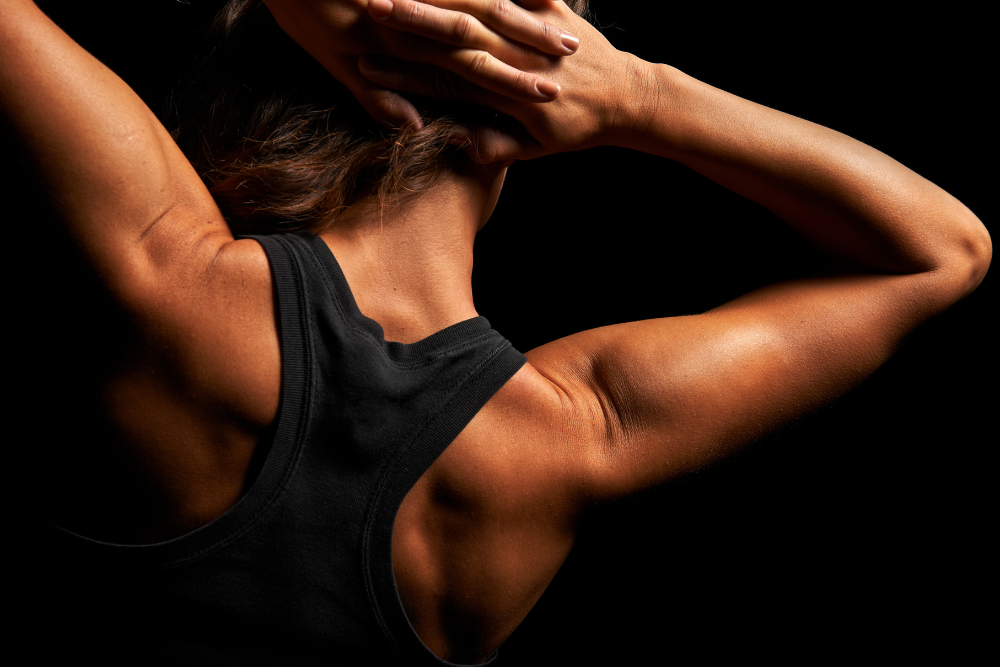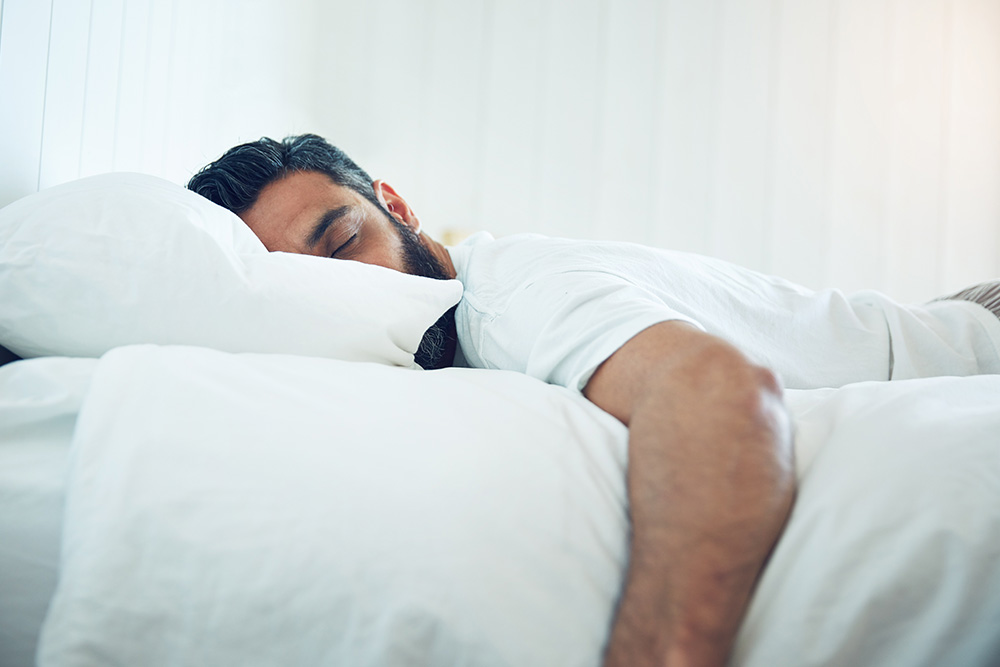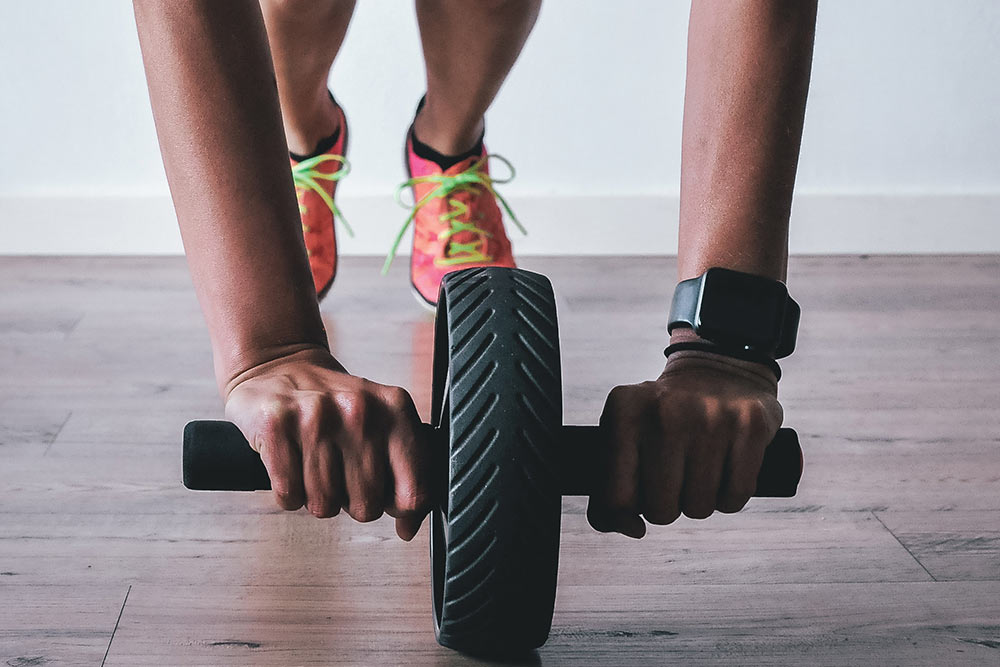Sleep Deprived? Try This Type of Exercise.

A Review by Alyssa Bialowas
Sleep deprivation is becoming more and more prevalent these days and unfortunately can have major health implications. Sleep influences everything from your mood to your weight to the sensitivity of tissues to insulin, and a lack of sleep can result in insulin resistance (De Souza et al. 2017). On top of health benefits such as increasing energy levels and lowering your risk of disease, regular physical exercise has been shown to minimize the negative impact of insulin resistance and regulate glucose metabolism (De Souza et al. 2017). Since our busy schedules are contributing to both a lack of sleep and physical exercise, high-intensity interval training, which involves a shorter training time, could be the key to minimizing the damage done by sleep deprivation.
The Study
11 healthy males between the ages of 18 and 35 who declared sleeping 7-8 hours a night took part in this study. Each participant was submitted to four different conditions:
(1) One single night of regular 8-hour sleep (RS)
(2) 24 hours of sleep deprivation (SD)
(3) HIIT followed by regular sleep (HIIT+RS)
(4) HIIT followed by sleep deprivation (HIIT+SD).
In the HIIT+RS condition, subjects trained for two weeks and after the last day of training had a regular night’s sleep. Each session consisted of 8-12 x 60-second intervals at 100% of peak power output. After one month, all participants returned to begin the HIIT+SD condition. They repeated the training protocol and after training finished, they were deprived sleep for 24 consecutive hours.
Related Article: 3 Ways Sleep Impacts Sports Performance
The Results
In each experimental condition, tests for glucose, insulin, cortisol, free fatty acids, and insulin sensitivity measured by an oral glucose tolerance test, were performed. Sleep deprivation increased glycemia, insulin levels, free fatty acids concentrations, and basal metabolism. No differences were found in the concentrations of cortisol. However, HIIT before 24 hours of sleep deprivation diminished the increase in glucose, insulin and fatty acids. The study also found that two weeks of HIIT was efficient in improving the athletic performance of participants. In the 4 km test, the participants decreased their times by 7% in the HIIT+RS condition and 9% in the HIIT+SD condition. In the 30 km test, the participants decreased their times by 1.2% in the HIIT+RS condition and 11% in the HIIT+SD condition.
The Takeaway
This study suggests that those who participate in HIIT are not affected by the stress of sleep deprivation. HIIT prior to sleep deprivation attenuated the increase in glucose, insulin and fatty free acids in the blood. Further research should include a larger sample size and other populations to determine the strength of these findings.
Related Article: Exercise-Induced Sleep Improvements
References
De Souza, J.F.T., Dáttilo, M., De Mello, M.T., Tufik, S., and Antunes, H.K.M. (2017). “High Intensity Interval Training Attenuates Insulin Resistance Induced by Sleep Deprivation in Healthy Males.” Frontiers in Physiology, 8: 992.
You Might Like:
















